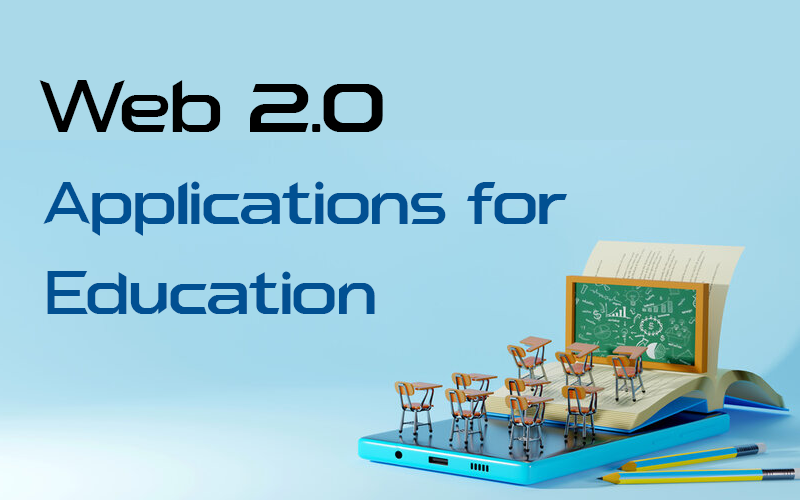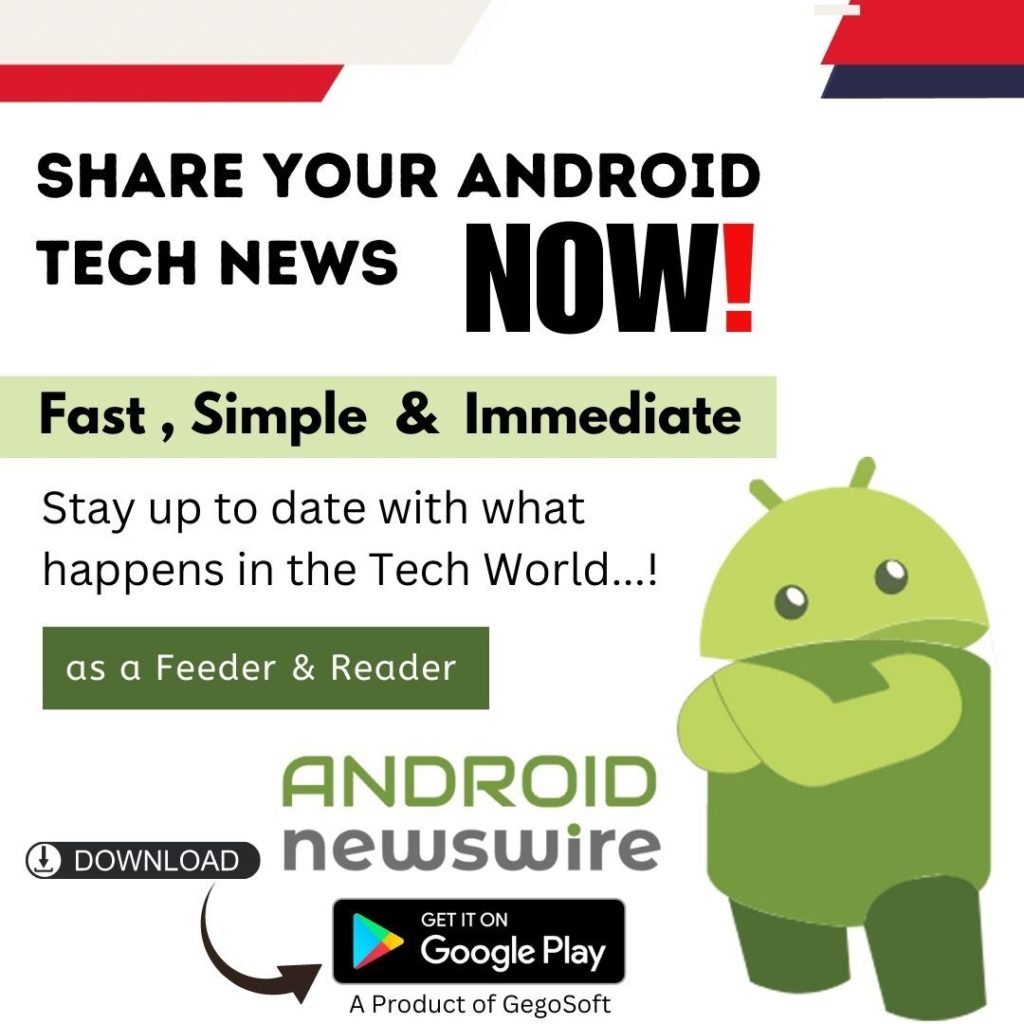Web 2.0 refers to websites and applications that use user-generated content to provide value to end-users. Web 2.0 is distinguished by increased user interactivity and collaboration, more widespread network connectivity, and improved communication channels. Here are our quality picks for the Best Web 2.0 Education Applications in 2022.
It appears to be a fun and simple way to make videos. Image to Sketch is a fun website that converts any photo into a pencil drawing. Thread is a new video tool from Google that works similarly to email but with video and is similar to FlipGrid. BeautyWords allows you to share visually appealing quote boxes.
Mondrian. You can easily create abstract art with fun. Dotstorming is a tool similar to Padlet. Mote is a Google Chrome extension that allows you to add audio to Google Slides and Google Docs.
Canva is indeed evolving into a “one-stop-shop”! They’ve now added the ability to create one of those videos with messages from friends and family and comic strip templates.
Benefits of Web 2.0:
- Available at all times and in all relevant places.
- Various media.
- The ease of use.
- Learners can actively participate in knowledge creation.
- Can establish dynamic learning communities
- Everybody is the respective author and the editor, and every change can be tracked.
- User-friendly.
- The wiki is constantly updated, and it provides more resources for researchers.
- It allows for real-time discussion.
Quote Maker Using Quotes Lyfe is a simple tool for creating visually appealing quotations to share. Scroobly allows you to make online animations by activating your webcam and moving around.
Screencasts can be recorded using RecordCast. ThatQuiz appears to be a simple way for teachers to create multimedia quizzes for their students to take. Vodited allows you to upload your podcast, generate a transcript, and edit the text. The audio is then automatically edited.
Many qualities hosted services (Google Maps), Web applications (Google Docs, Flickr), Video sharing sites (YouTube), wikis (MediaWiki), blogs (WordPress), Video sharing sites (YouTube), social networking (Facebook), folksonomies (Delicious), Microblogging (Twitter), podcasting (Podcast Alley), and adept content hosting services are just a few examples.
The distinction between web 1.0 and web 2.0
The primary difference between web 1.0 and web 2.0 websites is that web 2.0 websites permit users to develop, share, collaborate, and communicate their work with others without the need for web design or publishing skills. These features were not available in the Web 1. o environment.
Final Thoughts
Business forecasters all agree that Web 2.0 is a transitional phase between the World Wide Web’s existence and a more established phase known as Web 3.0.


